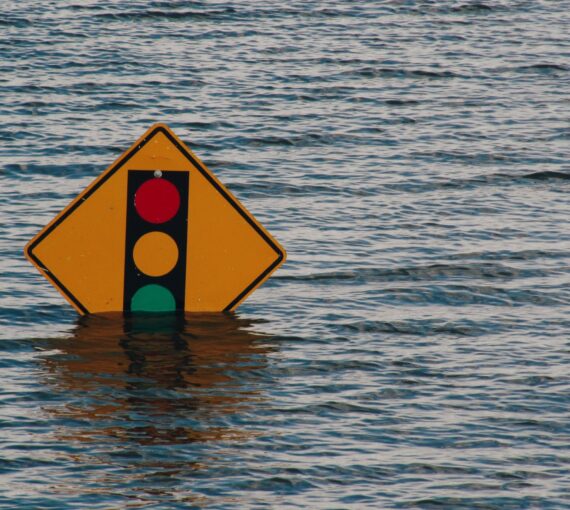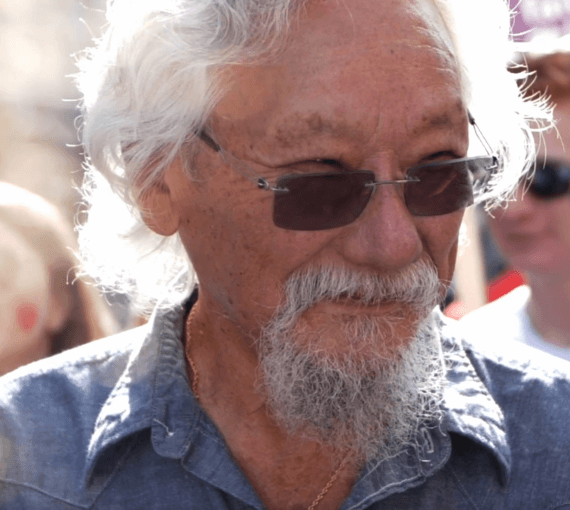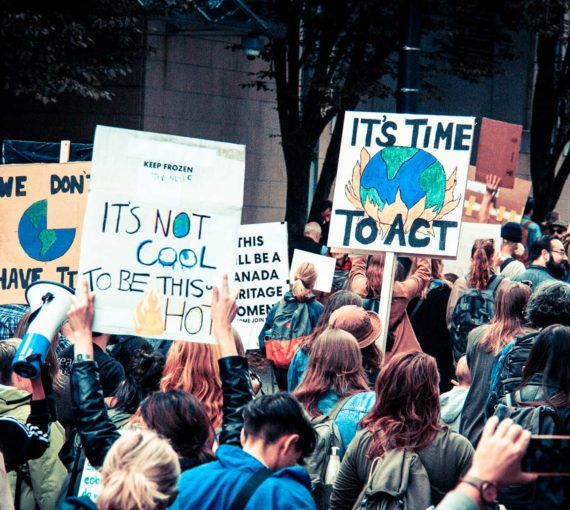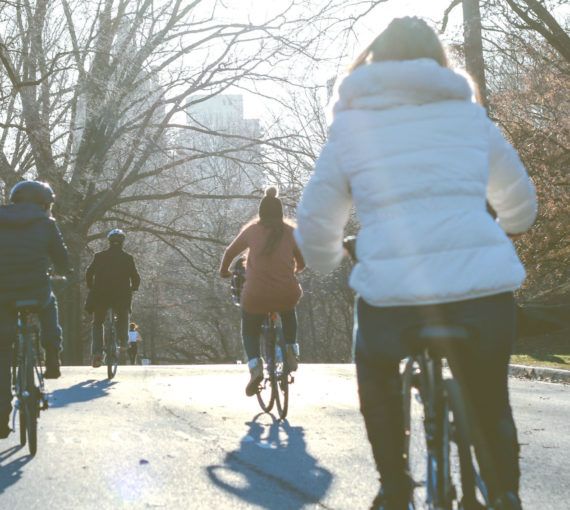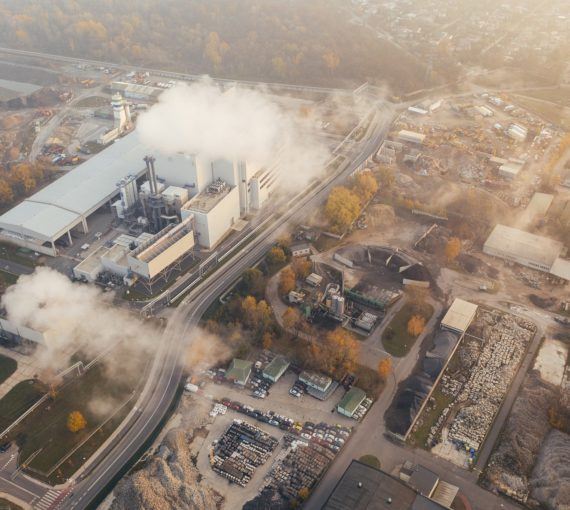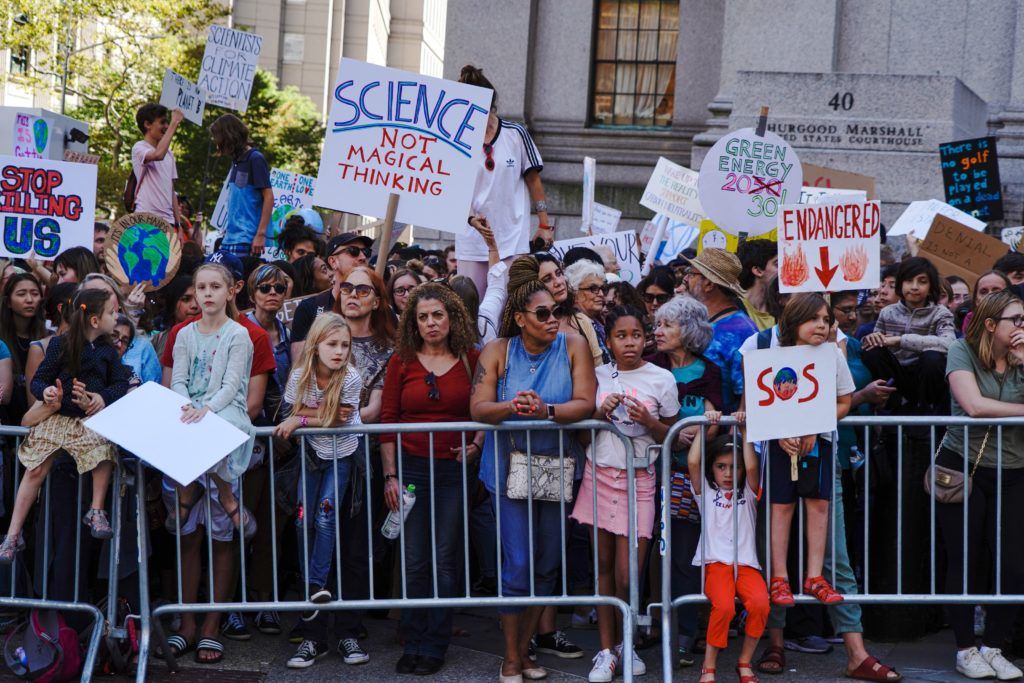
Enough is enough. We must listen to scientists, youth, Indigenous Peoples and environmentalists. We have to reject industry deception and embrace new ways of seeing and being that respect nature and its limits.
What is climate change? After decades of ignoring the science, most governments are finally acknowledging the severity of climate change and what we can and must do about it.
To understand what it will take to curb this crisis, it can be helpful to go back to basics. Here’s a quick review of what climate change is, how we got here and what we can do.
CLIMATE CHANGE EXPLAINED
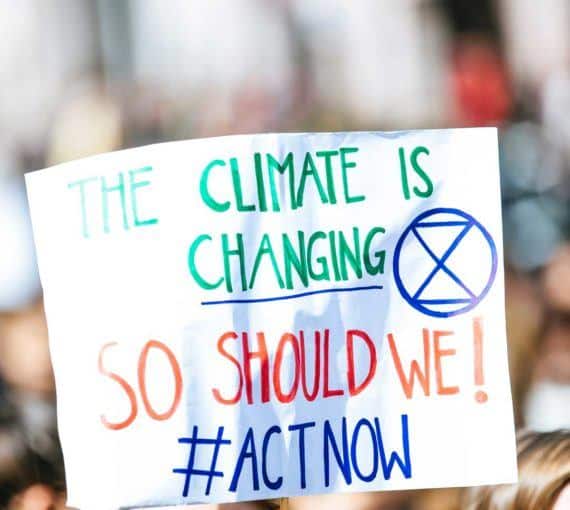
What is climate change?
“Climate change” describes a change in the average conditions — such as temperature and rainfall — in a region over a long period of time. Earth’s climate is always changing over long periods of time and has been hotter and cooler than it is now, but the pace of change has sped up significantly in recent decades. Scientists are deeply concerned about the changes they’ve observed since the Industrial Revolution.
Although the terms “climate change” and “global warming” are often used interchangeably, some experts note a difference: global warming is the overall phenomenon whereby global average temperatures are slowly increasing. Climate change is the result of global warming. That is, as global temperatures increase, climatic conditions change in various ways.
Human-caused climate change is affecting the planet in ways that could alter all life on Earth. It’s the biggest, most urgent problem we face. In fact, many — including the David Suzuki Foundation — use stronger terms such as climate emergency, climate crisis, climate disruption, global heating and climate chaos to reflect the severity.
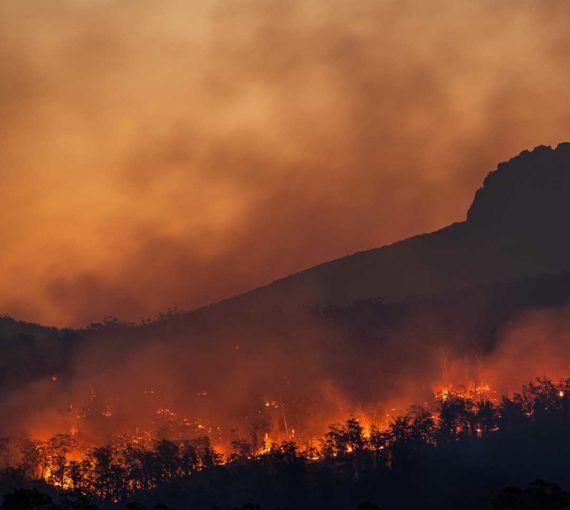
Why is climate change happening?
Carbon is stored all over the planet — in plants, soil, oceans, Earth’s crust, even in us. We release carbon into the atmosphere as carbon dioxide through activities such as burning fossil fuels (coal, oil and gas) and cutting down trees and destroying wetlands. That carbon dioxide builds up in the atmosphere, along with other greenhouse gas emissions, creating a “greenhouse effect,” whereby energy from the sun gets trapped and Earth’s temperature rises. Today, the atmosphere contains 50 per cent more carbon dioxide than it did before the Industrial Revolution.
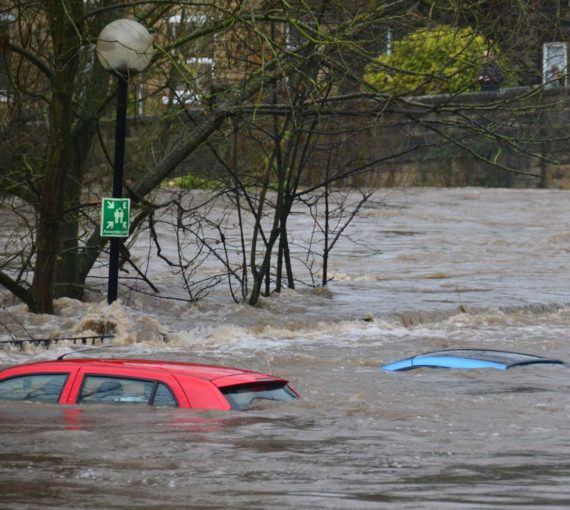
How is climate change affecting us?
We used to think of climate change as a problem looming in our future, but we know now with certainty that it’s here. We’re seeing warming greater than the global average on land and in waters. With that has come an increase in severity and frequency of storms, heat waves, wildfires and heavy rains. These negative effects will worsen as the level of carbon pollution in the atmosphere continues to rise.
Climate disruption puts human life at risk worldwide. Our health, food systems, economies and communities are all at enormous risk. But climate change poses the greatest threat to those least responsible for it — people who are already vulnerable to socio-economic challenges, such as poor communities, communities of colour, women and youth.
In February 2022, the Intergovernmental Panel on Climate Change released a report stating that “climate change is causing dangerous and widespread disruption and affecting the lives of billions of people around the world.” IPCC chair Hoesung Lee called it “a dire warning about the consequences of inaction.”
1.09 C
the amount Earth has warmed since pre-industrial times, according to a 2021 IPCC report.
1.07 C
according to the same report, 1.07 of the 1.09 degrees of warming is due to greenhouse gases associated with human activity.
1.5 C
Under the Paris Agreement, nations agreed to limit global warming to 1.5 C compared to pre-industrial levels. This will help us avoid the worst effects of climate change.
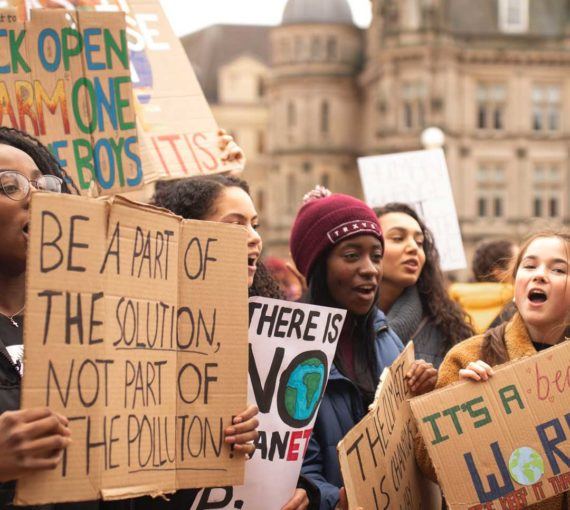
Is it too late to stop climate change?
Although the climate is already changing, it’s not too late to avoid the worst of it. The good news is that the technical and policy solutions to climate change already exist, and the costs of renewable and clean technologies have fallen dramatically. There’s also a lot of room for energy efficiency and conservation, especially in countries like Canada and the United States that use excessive amounts of energy. What’s lacking is political will. We need to hold our leaders accountable for taking bold action on climate change. We need to demand a healthy, sustainable future so everyone can thrive.
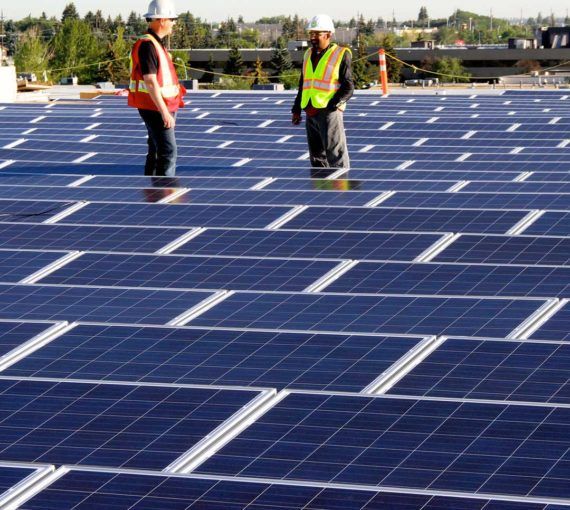
What can we do about climate change?
Broadly speaking, we need to focus on two things to address climate change: mitigation and adaptation.
To mitigate climate change, or avoid the worst consequences of a warming world, we must reduce the concentration of greenhouse gases in the atmosphere. That means reducing emissions. If we want to limit warming to 1.5 C, we must cut global emissions by half by 2030 and reach net-zero (when there’s a balance between emissions produced and emissions removed from the atmosphere) by 2050.
Burning fossil fuels like coal, oil and natural gas is the largest source of emissions, so we need to stop extracting and burning these resources. We can do this by conserving energy and by choosing clean electricity over fossil fuels. We can also reduce emissions in the atmosphere through nature-based climate solutions like planting trees and restoring wetlands and forest ecosystems.
Because the climate is already changing, we also need to adapt. This involves preparing for the effects of climate change, including extreme weather events, sea level rise and food insecurity. Each region, city or town will require different solutions for adaptation, which is why municipalities are leading this work.
Do you want to find out how you can take action on climate change in your life? Check out our list of the top 10 things you can do about climate change.

